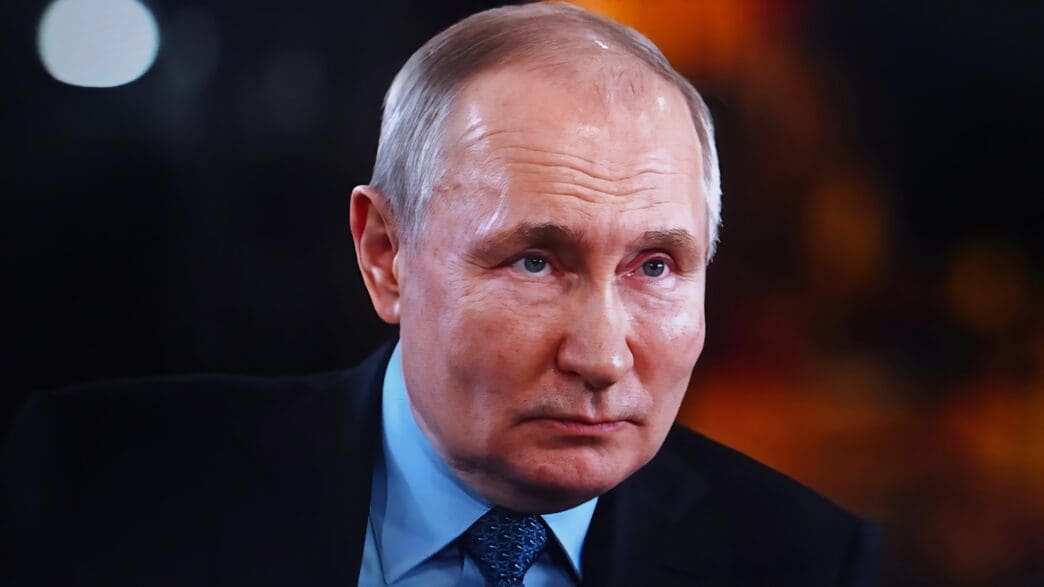Executive Summary
The Story So Far
Why This Matters
Who Thinks What?
The Russian Federation has significantly escalated its provocations against European nations during late summer and autumn 2025, raising concerns about potential armed confrontations, according to an analysis by Julian McBride. Despite Europe’s enhanced national security capabilities and increased defense spending, McBride argues that the continent lacks the collective political will to effectively deter Moscow and bolster Ukraine’s defense.
Escalating Russian Provocations
In September 2025, Russia reportedly intensified its open provocations against several NATO members. This included a mass drone swarm over Poland on September 9-10, where 19 “Gerbera reconnaissance drones” freely traversed Polish airspace during a bombing campaign in Ukraine. A NATO quick reaction force intercepted four of these drones.
Days later, a Russian-made “Geran drone” was observed flying over Romanian airspace. Although intercepted by the Romanian Air Force, it was allowed to return to Ukraine. The most overt action occurred when three Russian MiG-31s reportedly entered Estonian airspace near Vindaloo Island, with their transponders deactivated, prompting interception by Finnish, Swedish, and Italian aircraft.
Simultaneously, Denmark reported a wave of drone provocations near critical infrastructure, bearing the hallmarks of Kremlin involvement. Germany and Norway also documented aircraft and drone incursions around the Baltic Sea, where Russia’s Baltic Fleet remains active.
Political Will and Internal Challenges
McBride contends that Europe possesses the necessary assets to deter Russia but is hampered by bureaucracy and internal political dynamics. Anti-war sentiments, exacerbated by past military interventions in Afghanistan, Iraq, Libya, and Mali, contribute to a reluctance among traditional political parties to adopt more assertive stances.
The analysis also points to the rise of populist movements across Europe, with some parties, such as the AfD in Germany, Lega in Italy, FPO in Austria, and National Rally in France, allegedly receiving direct funding from the Kremlin. Other pro-Russian parties, including Fidesz in Hungary and Smer in Slovakia, are cited for their ties or alleged interference with Moscow. These populist movements often campaign on “anti-war” platforms and strict migration policies, which resonate with some constituents.
Hybrid Warfare and Migration
The article suggests that Russian intelligence actively exploits migration to Europe as a form of hybrid warfare. Russian intelligence is accused of facilitating the movement of tens of thousands of migrants and refugees from the Middle East and Africa to the borders of Lithuania, Poland, Estonia, and Finland. This tactic, according to the analysis, aims to destabilize European borders and overwhelm social services, a challenge that traditional parties have reportedly struggled to address. German Chancellor Frederick Merz is noted for his efforts to distance himself from his predecessor Angela Merkel’s approach to the migrant crisis.
Recommendations for European Deterrence
In light of a potentially more disengaged United States under future administrations, McBride argues that Europe must take immediate action to support Ukraine and establish robust deterrence against Russia. This includes greater transparency from European politicians with their constituents regarding the ongoing state of hybrid and informational warfare.
The analysis recommends that some European countries consider reintroducing limited or full conscription, citing the Finnish model as an example for instilling professional values and national pride. Furthermore, it emphasizes the critical need for strategic autonomy and collective action among European NATO members, advocating for a clear doctrinal clause that an attack on one member is unequivocally considered an act of war on all. The author suggests that while armed confrontation might be inevitable, demonstrating strength could compel Russian President Vladimir Putin to de-escalate.








